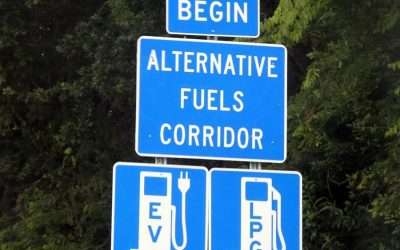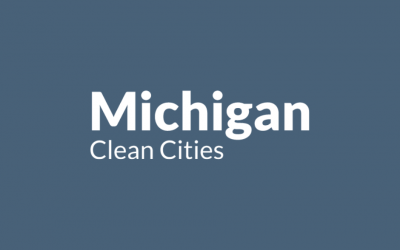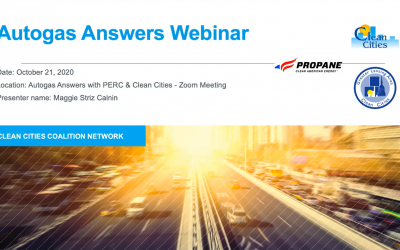There is still time to submit a partner request for the Michigan to Montana (I-94) Alternative Fuels Corridor project to deploy alternative fuels infrastructure and vehicles. Proposals are due May 31, 2018, with partner selections starting in June 2018. For more details, see below for official announcement! Please note that while a 50/50 match is desired to support total project cost, the project team will accept and review proposals with different matching funds schemes (60/40, 65/35, etc.).
U.S. FUELS ACROSS AMERICA’S HIGHWAYS – MICHIGAN TO MONTANA (M2M)
Deployment Partner Request
The US Department of Energy selected Gas Technology Institute (GTI), and its project partners, to develop and implement the Michigan to Montana (M2M) Corridor concept along I-94 from Port Huron, MI to Billings, MT. I-94 is the primary connection between the major metropolitan areas in the Upper Midwest. With a strategically placed network of DC fast chargers, compressed natural gas (CNG), and propane stations, travel between any of these cities could be accomplished seamlessly using alternative fuel vehicles. In focusing on I-94, critical success factors include significantly growing the availability and use of alternative fuels and advanced vehicles in markets critical for long-term success of these technologies.
The M2M project team is looking for additional partners to deploy electric, natural gas, and propane fueling stations and vehicles. The following key characteristics are needed in new projects:
- Locate publicly available fueling stations (DC Fast Chargers, natural gas, and propane) in areas that are currently gaps or critical points in the alternative fueling station network leading to greater sustainability along the I-94 corridor
- Operate vehicles (electric, natural gas, and propane) that will support the sustainability of existing publicly available fueling infrastructure along the I-94 corridor
- Demonstrate ability to deploy stations or vehicles in the near-term; provide a clear, detailed plan for a project execution including timeline
- Demonstrate significant fuel use which will increase emissions benefits and reduce petroleum usage
- Provide matching funds to support the total project cost; 50/50 matching is desired
Organizations that are interested in being considered for receiving federal funds should prepare a short (i.e. approximately one to three page) project description that includes the project details, projected fuel use, projected project budget (including both requested federal funds and organization supplied matching funds), and estimated timeline for completing the project. Please submit the project description to your local Clean Cities Coordinator or GTI at ted.barnes@gastechnology.org. Deadlines for submission are May 31, 2018.
Acknowledgment: This material is based upon work supported by the Department of Energy, Office of Energy Efficiency and Renewable Energy (EERE), under Award Number DE-EE0007996.
Disclaimer: This was prepared as an account of work sponsored by an agency of the United States Government. Neither the United States Government nor any agency thereof, nor any of their employees, makes any warranty, express or implied, or assumes any legal liability or responsibility for the accuracy, completeness, or usefulness of any information, apparatus, product, or process disclosed, or represents that its use would not infringe privately owned rights. Reference herein to any specific commercial product, process, or service by trade name, trademark, manufacturer, or otherwise does not necessarily constitute or imply its endorsement, recommendation, or favoring by the United States Government or any agency thereof. The views and opinions of authors expressed herein do not necessarily state or reflect those of the United States Government or any agency thereof.



